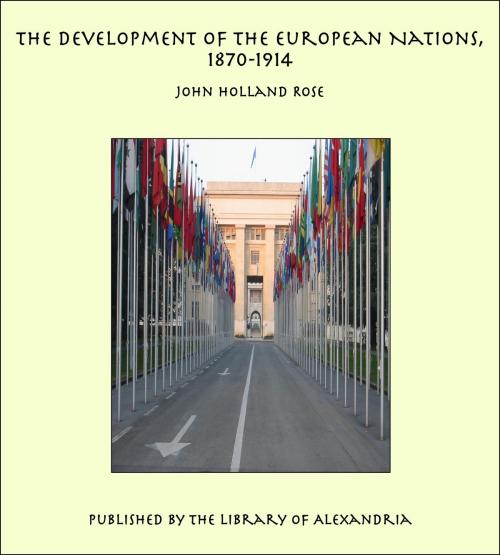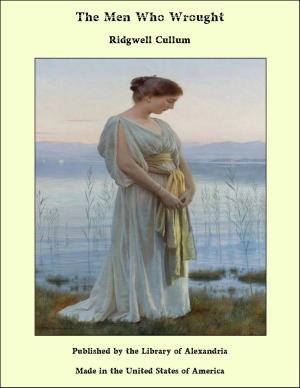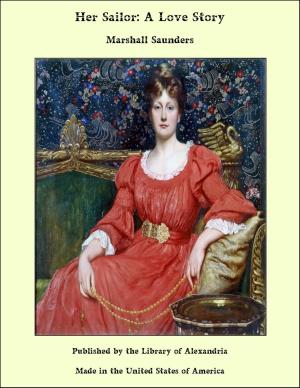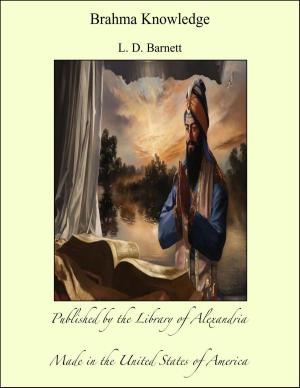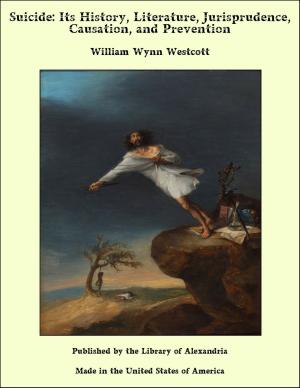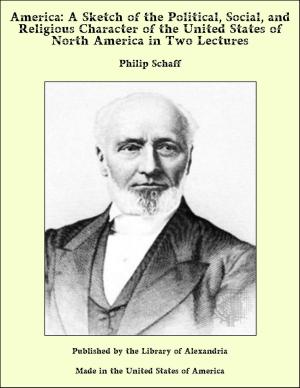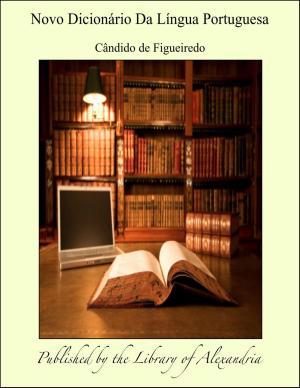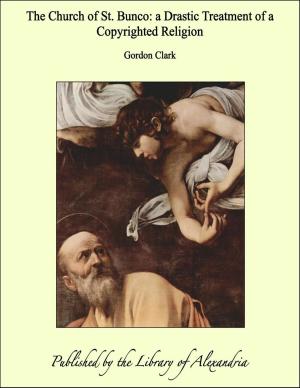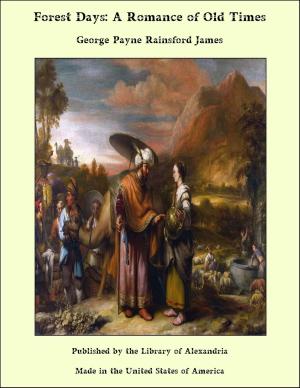The Development of the European Nations, 1870-1914
Nonfiction, Religion & Spirituality, New Age, History, Fiction & Literature| Author: | John Holland Rose | ISBN: | 9781465546258 |
| Publisher: | Library of Alexandria | Publication: | March 8, 2015 |
| Imprint: | Language: | English |
| Author: | John Holland Rose |
| ISBN: | 9781465546258 |
| Publisher: | Library of Alexandria |
| Publication: | March 8, 2015 |
| Imprint: | |
| Language: | English |
The line of Virgil quoted on the title-page represents in the present case a sigh of aspiration, not a paean of achievement. No historical student, surely, can ever feel the conviction that he has fathomed the depths of that well where Truth is said to lie hid. What, then, must be the feelings of one who ventures into the mazy domain of recent annals, and essays to pick his way through thickets all but untrodden? More than once I have been tempted to give up the quest and turn aside to paths where pioneers have cleared the way. There, at least, the whereabouts of that fabulous well is known and the plummet is ready to hand. Nevertheless, I resolved to struggle through with my task, in the consciousness that the work of a pioneer may be helpful, provided that he carefully notches the track and thereby enables those who come after him to know what to seek and what to avoid. After all, there is no lack of guides in the present age. The number of memoir-writers and newspaper correspondents is legion; and I have come to believe that they are fully as trustworthy as similar witnesses have been in any age. The very keenness of their rivalry is some guarantee for truth. Doubtless competition for good “copy” occasionally leads to artful embroidering on humdrum actuality; but, after spending much time in scanning similar embroidery in the literature of the Napoleonic Era, I unhesitatingly place the work of Archibald Forbes, and that of several knights of the pen still living, far above the delusive tinsel of Marbot, Thiebault, and Segur. I will go further and say that, if we could find out what were the sources used by Thucydides, we should notice qualms of misgiving shoot through the circles of scientific historians as they contemplated his majestic work. In any case, I may appeal to the example of the great Athenian in support of the thesis that to undertake to write contemporary history is no vain thing. Above and beyond the accounts of memoir-writers and newspaper correspondents there are Blue Books. I am well aware that they do not always contain the whole truth. Sometimes the most important items are of necessity omitted. But the information which they contain is enormous; and, seeing that the rules of the public service keep the original records in Great Britain closed for well-nigh a century, only the most fastidious can object to the use of the wealth of materials given to the world in Parliamentary Papers. Besides these published sources there is the fund of information possessed by public men and the “well-informed” of various grades
The line of Virgil quoted on the title-page represents in the present case a sigh of aspiration, not a paean of achievement. No historical student, surely, can ever feel the conviction that he has fathomed the depths of that well where Truth is said to lie hid. What, then, must be the feelings of one who ventures into the mazy domain of recent annals, and essays to pick his way through thickets all but untrodden? More than once I have been tempted to give up the quest and turn aside to paths where pioneers have cleared the way. There, at least, the whereabouts of that fabulous well is known and the plummet is ready to hand. Nevertheless, I resolved to struggle through with my task, in the consciousness that the work of a pioneer may be helpful, provided that he carefully notches the track and thereby enables those who come after him to know what to seek and what to avoid. After all, there is no lack of guides in the present age. The number of memoir-writers and newspaper correspondents is legion; and I have come to believe that they are fully as trustworthy as similar witnesses have been in any age. The very keenness of their rivalry is some guarantee for truth. Doubtless competition for good “copy” occasionally leads to artful embroidering on humdrum actuality; but, after spending much time in scanning similar embroidery in the literature of the Napoleonic Era, I unhesitatingly place the work of Archibald Forbes, and that of several knights of the pen still living, far above the delusive tinsel of Marbot, Thiebault, and Segur. I will go further and say that, if we could find out what were the sources used by Thucydides, we should notice qualms of misgiving shoot through the circles of scientific historians as they contemplated his majestic work. In any case, I may appeal to the example of the great Athenian in support of the thesis that to undertake to write contemporary history is no vain thing. Above and beyond the accounts of memoir-writers and newspaper correspondents there are Blue Books. I am well aware that they do not always contain the whole truth. Sometimes the most important items are of necessity omitted. But the information which they contain is enormous; and, seeing that the rules of the public service keep the original records in Great Britain closed for well-nigh a century, only the most fastidious can object to the use of the wealth of materials given to the world in Parliamentary Papers. Besides these published sources there is the fund of information possessed by public men and the “well-informed” of various grades
